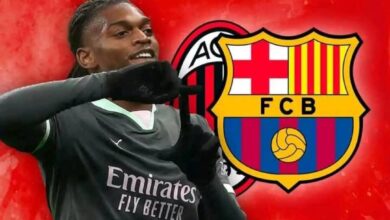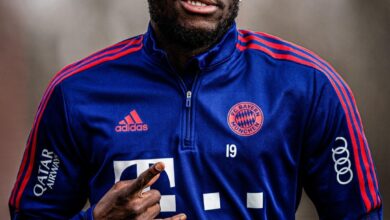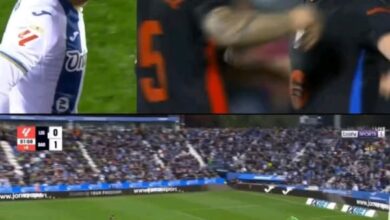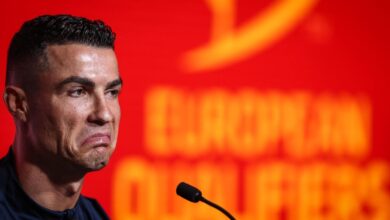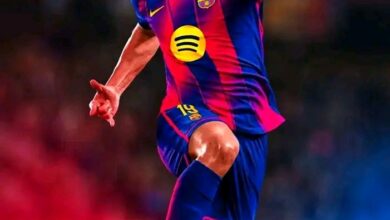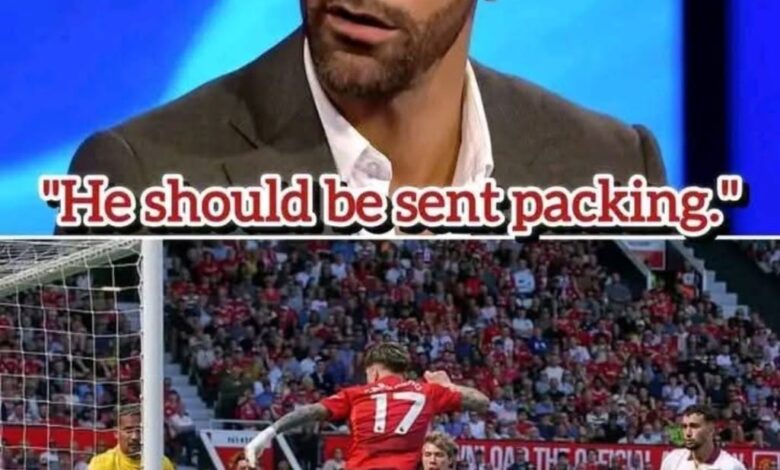
It seems that you are referring to a highly charged situation that has emerged following the latest El Clásico match, involving young talent Lamine Yamal and veteran goalkeeper Wojciech Szczęsny—an issue that has reportedly generated considerable attention within the Barcelona camp. According to various reports, Yamal allegedly approached head coach Hansi Flick with a bold request: to exclude Szczęsny from the starting lineup for the remainder of the season. This appeal was supposedly based on Szczęsny’s perceived costly mistakes in two crucial fixtures—El Clásico and a recent Champions League match.
If these claims turn out to be accurate, the implications could be significant. An internal disagreement of this magnitude, especially when the team is potentially on the verge of securing a title, might serve as a serious distraction. It also sparks deeper concerns about the current leadership structure within the squad, the overall unity in the dressing room, and the extent of decision-making power that should be afforded to a young player, regardless of his undeniable influence and performance this season.
That said, it’s important to note that, as of now, neither FC Barcelona, Hansi Flick, nor any of the players mentioned have released an official statement regarding this situation. Therefore, it’s entirely possible that the narrative circulating is either speculative or based on unverified information originating from within the locker room.
